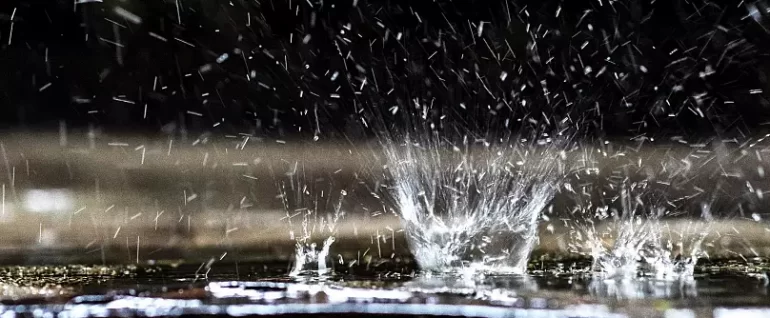Rainwater almost everywhere on Earth has unsafe levels of ‘forever chemicals’, according to new research. Per- and poly-fluoroalkyl substances (PFAS) are a large family of human-made chemicals that don’t occur in nature. They are known as ‘forever chemicals’ because they don’t break down in the environment. They have non-stick or stain repellent properties so can be found in household items like food packaging, electronics, cosmetics and cookware. But now researchers at the University of Stockholm have found them in rainwater in most locations on the planet – including Antarctica. There is no safe space to escape them. Safe guideline levels for some of [...]
Read More
Manage Consent
To provide the best experiences, we use technologies like cookies to store and/or access device information. Consenting to these technologies will allow us to process data such as browsing behavior or unique IDs on this site. Not consenting or withdrawing consent, may adversely affect certain features and functions.
Functional Always active
The technical storage or access is strictly necessary for the legitimate purpose of enabling the use of a specific service explicitly requested by the subscriber or user, or for the sole purpose of carrying out the transmission of a communication over an electronic communications network.
Preferences
The technical storage or access is necessary for the legitimate purpose of storing preferences that are not requested by the subscriber or user.
Statistics
The technical storage or access that is used exclusively for statistical purposes.
The technical storage or access that is used exclusively for anonymous statistical purposes. Without a subpoena, voluntary compliance on the part of your Internet Service Provider, or additional records from a third party, information stored or retrieved for this purpose alone cannot usually be used to identify you.
Marketing
The technical storage or access is required to create user profiles to send advertising, or to track the user on a website or across several websites for similar marketing purposes.
